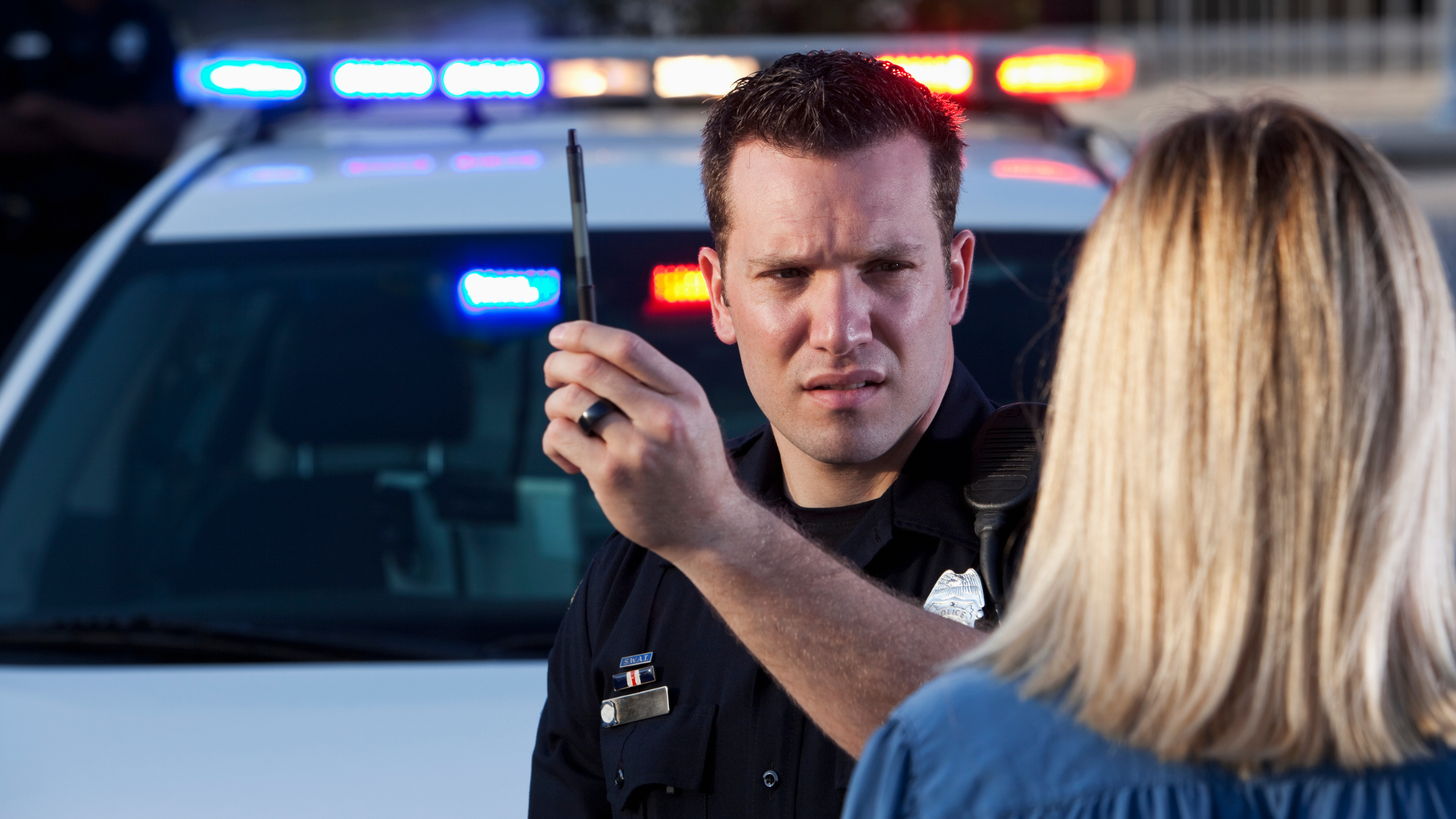
You had a beer with dinner—or a single glass of wine at a friend’s house—and you felt fine to drive. Then the blue lights hit. One of the most common questions we hear is: Can I be arrested for DUI in Alabama after just one drink? The short answer is yes. Officers don’t decide to arrest based on a magic number at the roadside. They build probable cause from your driving pattern, your behavior, and the totality of what they observe. Understanding how that decision is made can help you protect your rights and make smarter choices if you’re stopped.
If you’ve been cited or arrested, talk to counsel as soon as possible. Start with our Criminal Law page to learn how our team handles DUI and related charges, or reach out directly through Contact.
In Alabama, an officer may arrest for DUI when there’s probable cause to believe you were driving under the influence. That assessment usually happens before any breath test. Here are the building blocks officers rely on:
A single drink can be consistent with sobriety—but if the officer perceives multiple “clues,” it can add up to probable cause even without an on-scene breath number.
FSTs are designed to challenge balance, coordination, and focus. They can also be influenced by factors unrelated to alcohol:
If any of these apply, say so politely and ask that your statement be noted. Later, your attorney can compare your explanation with the body-cam/dash-cam video to show why an apparent “clue” may not indicate impairment.
Many drivers try to be forthright and say, “I only had one drink.” Unfortunately, that statement still becomes an admission of drinking in the report and can be used to justify further testing or an arrest. You are not required to estimate drinks beyond basic identifying information. If you choose to answer, keep responses brief and courteous; do not argue at the roadside.
Contrary to what many believe, the arrest is typically based on the observations above; chemical testing usually happens after arrest at the station, not before. Alabama’s implied consent law means that, after a lawful DUI arrest, refusing a chemical test can trigger a license suspension separate from your criminal case. If a test is administered, the result can support the prosecution—but it’s not the end of the story. Defense strategies often focus on:
Alabama law allows prosecution based on impairment evidence even if a test result—when one exists—is below a per-se threshold. Conversely, a result above the limit can still be challenged if the stop was unlawful, FSTs were poorly administered, or the device wasn’t properly maintained. The case turns on evidence quality, not assumptions.
In many cases, video is the most important witness. A report might describe swaying or slurred speech, but clear video can show steady walking, normal conversation, accurate counting, and clean lane control. Your lawyer should request:
Discrepancies between video and narrative can lead to reduced charges or dismissals.
Even if you plan to contest the criminal charge, license deadlines move quickly. Depending on the facts, you may need to request a hearing or explore restricted driving options. Missing an administrative deadline can limit your ability to work or care for family while the case is pending. An early call with a DUI attorney helps you map those dates and protect driving privileges where possible.
A DUI arrest can ripple into your employment, professional licensing, and auto insurance rates. Planning ahead—adjusting commute logistics, documenting job duties that require driving, and seeking early counsel—can reduce collateral damage while the case proceeds.
Yes, Alabama officers can arrest after “just one drink” when the overall picture suggests impairment. But arrests are not convictions. The state still must prove its case, and many defenses turn on procedure, video, testing protocols, and context. If you were stopped, don’t guess your odds—get a focused review of the evidence and deadlines.
For help now, visit our Criminal Law page or Contact us to schedule a confidential consultation.
Legal Disclaimer: This article is general information about Alabama DUI stops, probable cause, and testing. It is not legal advice. Laws and local practices change, and every case is unique. To get advice for your situation, please call our office or submit a contact form today.
